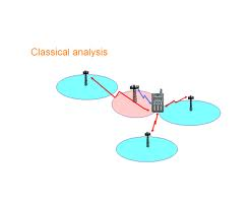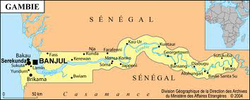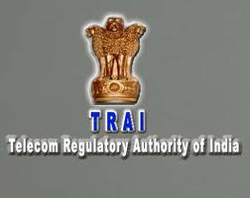
The French telecommunications and postal regulator (ARCEP – Autorité de regulation des communications électroniques et des postes) has prepared a project of pricing of mobile call termination, that is to say the amount that an operator must pay to reach another user. Thus, when a subscriber of Orange mobile calls a subscriber of Free mobile, Orange gives money to Free. Inversely, when a subscriber of Free mobile calls a user of Orange mobile, Free gives money to Orange. The regulator notes that Free mobile, new entrant, have less subscribers than the three operators, and will therefore receive less money than the others. It's the reason why, it justify to his advantage a temporarily higher pricing, the time it finds its place in the competitive market of mobile phone. On April 12, 2012, the European Commission publicly expressed that the principle of an asymmetric pricing policy is insufficient. The French telecommunications and postal regulator (ARCEP – Autorité de regulation des communications électroniques et des postes) has responded by standing that the principle of asymmetrical pricing was not sufficient and that justifications will be provided.





